South Africa: not just your standard safari destination
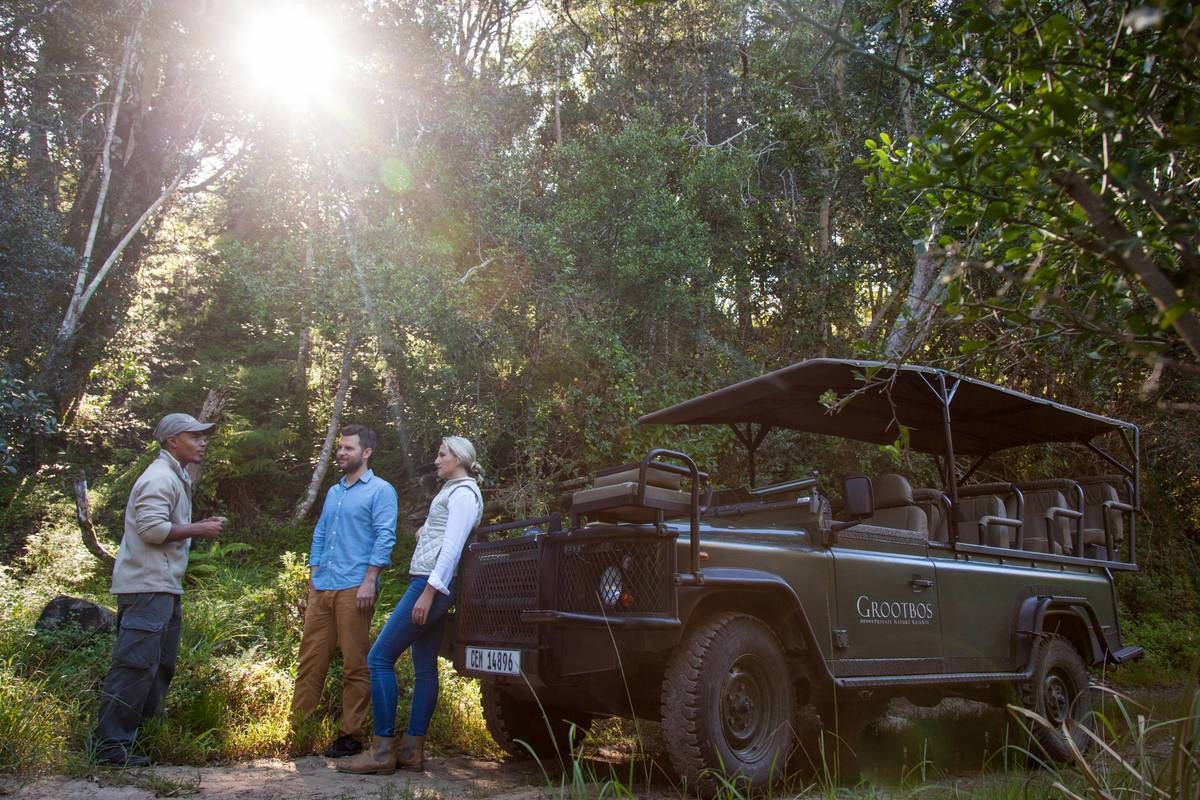
Think of a safari in Africa, and your mind immediately takes you to a pride of lions, watching elephants at a watering hole all the while sipping a G&T at the back of Land Cruiser, glancing over that classic sunset. And you wouldn’t be wrong.
But what if you have already seen the Big 5 many times over and long for something new, something different? Perhaps something a bit more immersive –that really gets you up close and personal with nature?
Chances are you will walk away with a newfound appreciation of the wonders of the natural world, and fortunately South Africa has no shortage of alternative safari options to consider.
South Africa is home to several biodiversity hotspots – areas with significant levels of biodiversity. The Cape’s small fynbos biome for example is so rich in different species that just on the Table Mountain National Park alone there are more different types of plant species than in the whole of Britain. Many of these plants occur nowhere else on earth other than our flat-topped mountain. Similarly, South Africa is also home to more than a third of the world’s succulent species.
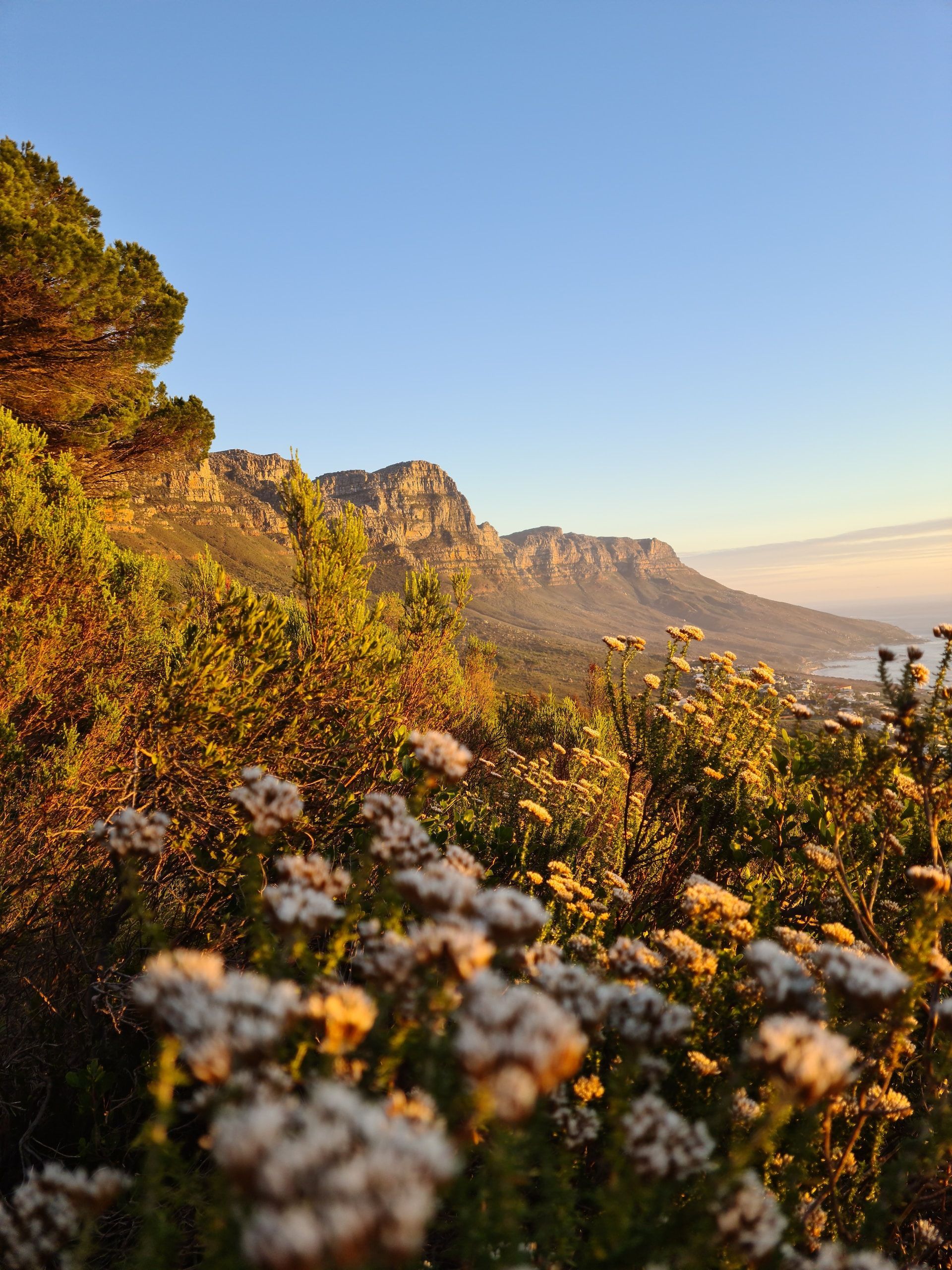
You may not see the big 5 everywhere in the region, but once you have checked these large mammals off your list you will quickly realise how much more there is to see and discover. Expect to be impressed with nature’s intricate dance. With endemic species such as the geometric tortoise, endangered Table Mountain ghost frog and the endemic cape Sugarbird, to mention a few. One of the most interesting and significant of these special animals is a tiny insect known to have the longest proboscis – nose – relative to body size.
Pint-sized powerhouse

Moegistorhynchus longirostris, a species of flies in the family tangle-veined flies, is the exclusive pollinator of 20 long-tubed flowered plants on South Africa’s West Coast. If it goes extinct, so will many species of plants. The lions and elephants might be the stars of the show and for good reason, they are incredible in their own right, but they are far from the only animals worthy of your attention.
The Cape has undergone very little change over millions of years, so plants and animals have co-evolved. Thanks to very little disturbance, a diversity of species could develop undisturbed over millennia. On first impression, some of the Cape’s landscapes might seem desolate with the lack of trees, but strolling the veldwith a guide brings this landscape to life. Grootbos in the Overberg is one five-star lodge in South Africa that has no large game but has managed to capture the magic of the surrounding flora and convey it to their guests.
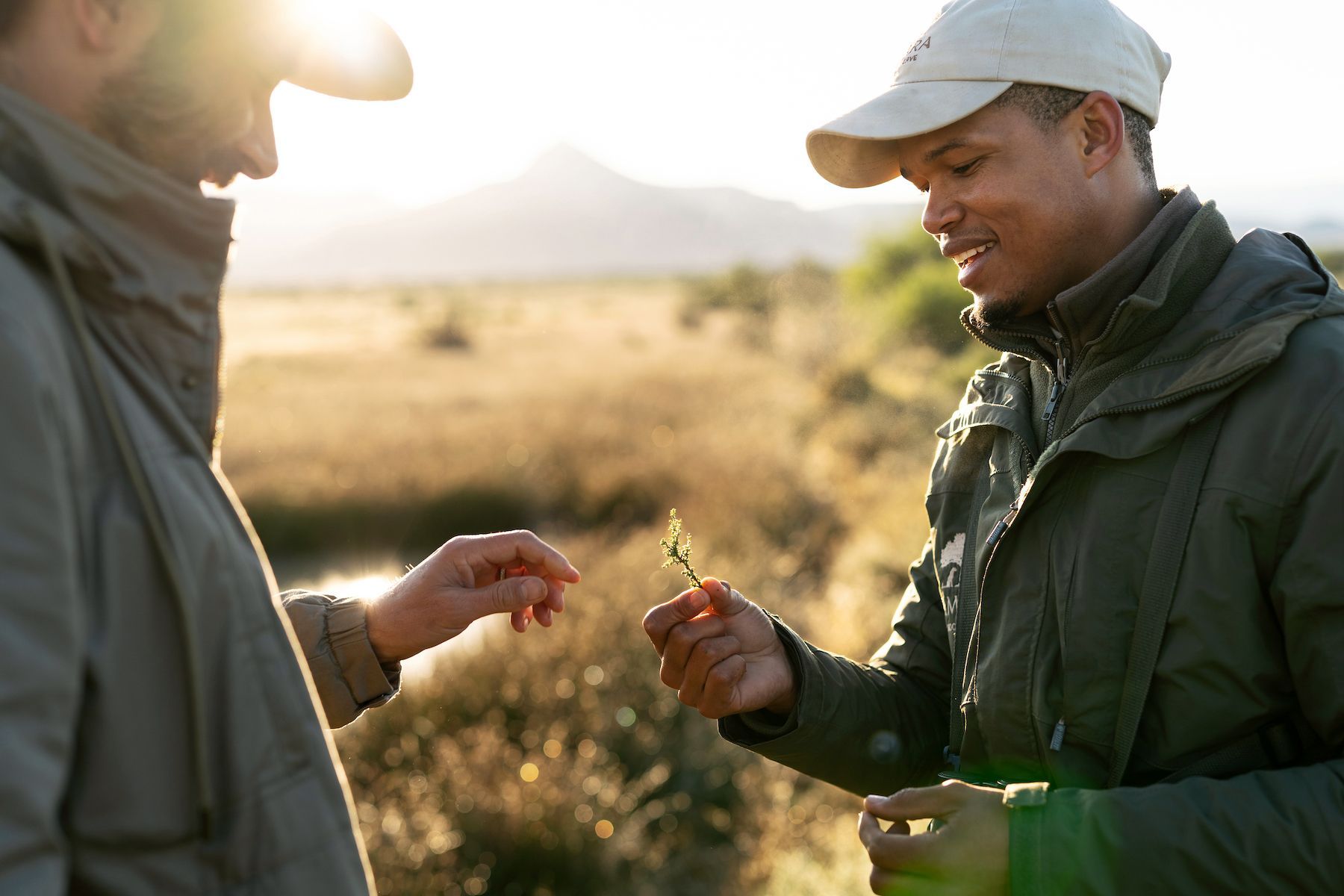
These are some of the secrets of the fynbos, which only tend to be revealed with an expert guide. The Cape isn’t known as the biodiversity capital of the world for nothing after all. Home to the highest diversity of species, with every slope privy to a unique ecological phenomenon, there are many other relationships of codependence between flora and fauna, with several new species discovered every year.
A safari for every season, and species
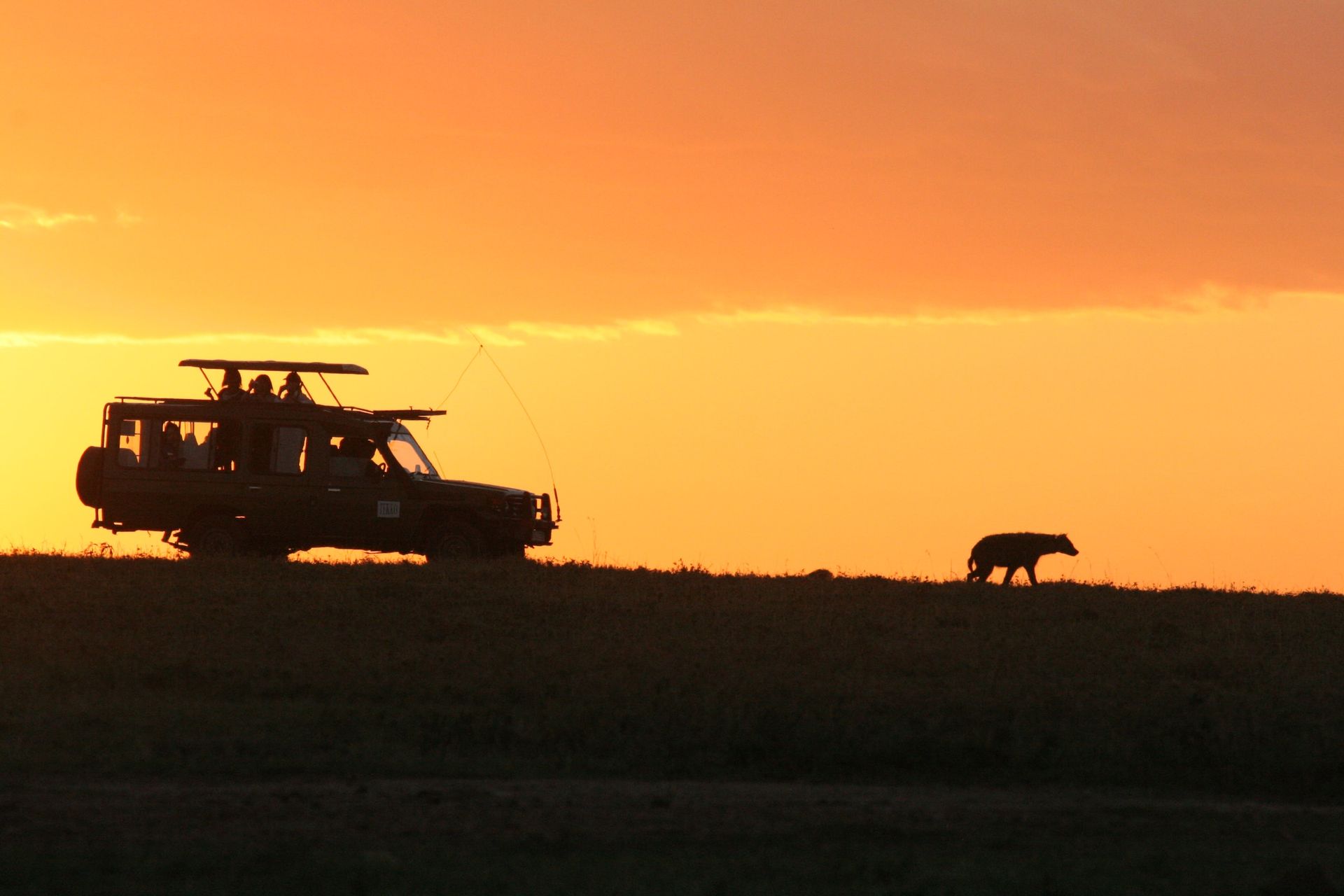
If plants or insects don’t take your fancy, you can still go on other immersive wildlife tours across South Africa. From birding experiences (did you know that Kruger National Park alone is home to more bird species than the whole of Australia?) to following trails of the rare and illusive cheetah.
Samara Reserve in the Great Karoo for example has a cheetah tracking experience where a guide shows you how to track the old-fashioned way, pointing out signs of the cats’ presence. This immersive experience is one of the most educative and fascinating adventures out there.
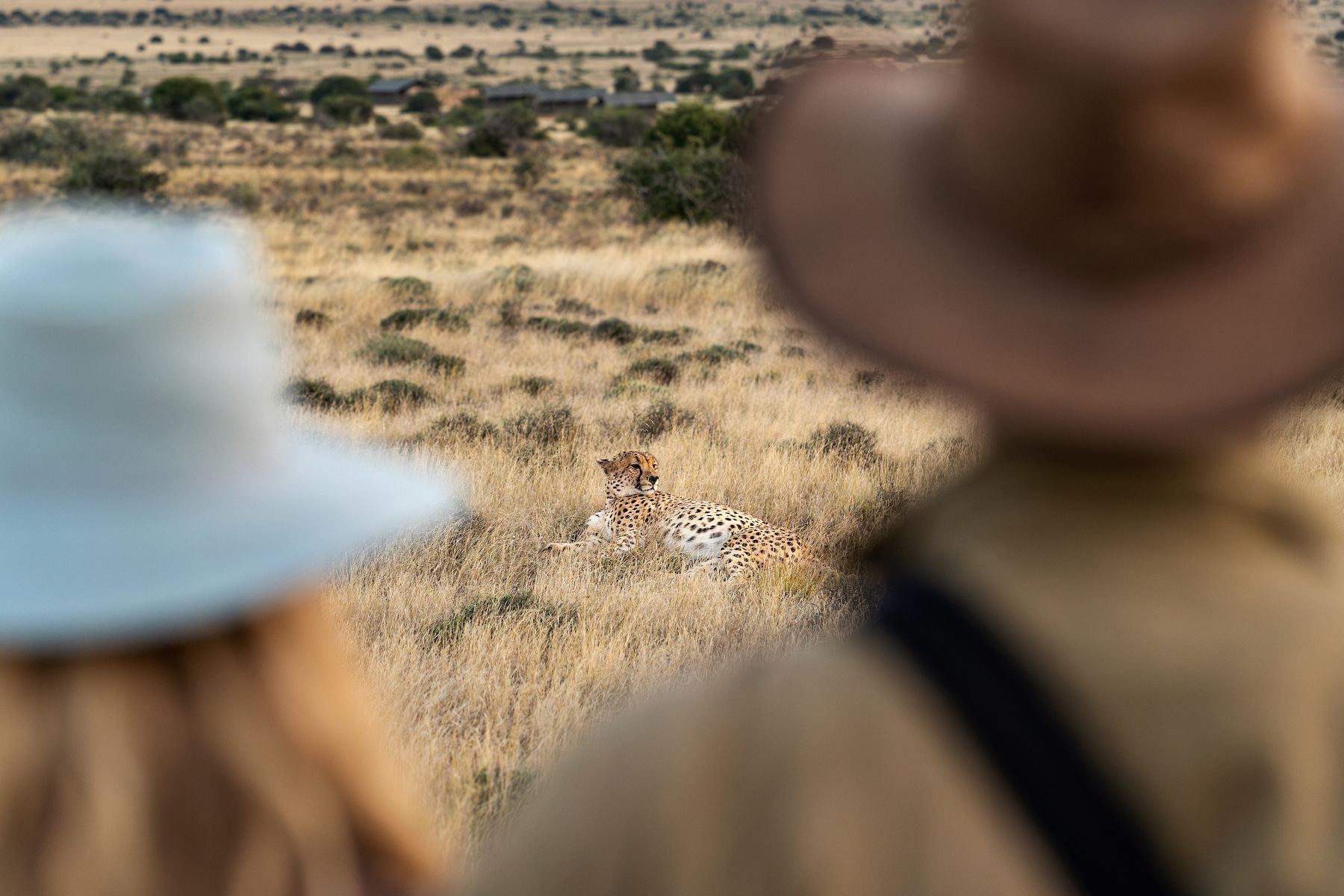
Or how about a meerkat experience? At Tswalu Kalahari Reserve, guests can get up close to meerkats in the wild, seeing how they socialize, scan the horizon for predators and go about their day.
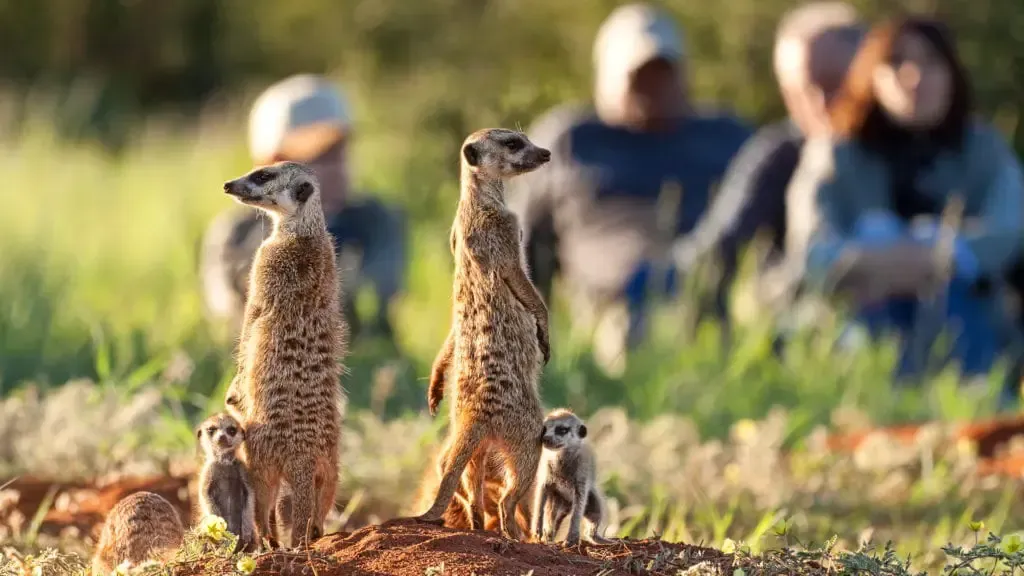
Whatever you may think you know about safaris, perhaps it’s time for a revision. A wildlife experience in South Africa will not only change the way you view safaris, but your overall impression of nature. And best of all, you’ll still be able to enjoy that G&T and the classic sunset afterwards.











